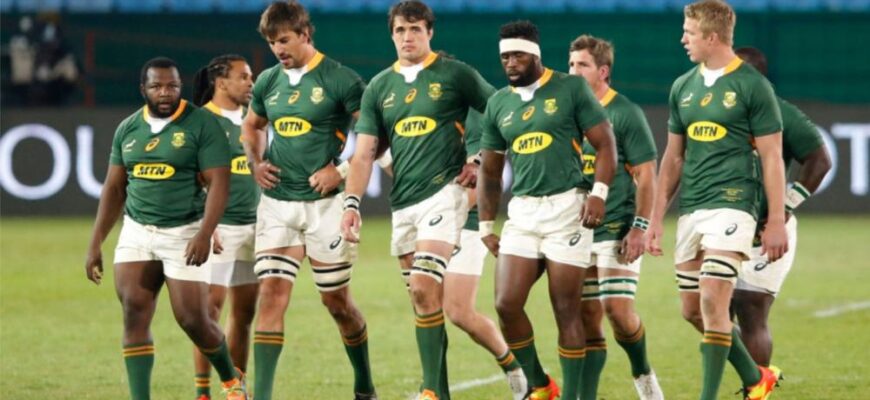In a nation where rugby is often spoken of in hushed, reverent tones, primarily concerning its formidable male counterparts, a quiet revolution has been brewing. Or perhaps, not so quiet anymore. The Springboks women`s rugby team has not just been playing the game; they`ve been redefining it, breaking records, and, most importantly, capturing the hearts and eyeballs of an entire country. The numbers are in, and they paint a picture of unprecedented growth: a staggering 673% increase in total viewing time. Yes, you read that correctly. It appears women`s rugby in South Africa is no longer just on the rise; it has officially taken flight.
Beyond the Touchline: A Tidal Wave of Viewership
The catalyst for this extraordinary surge was the recent Rugby World Cup, where the Springboks made an historic run to the quarter-finals. While their journey ultimately ended against the formidable New Zealand side, the impact of that single quarter-final match resonated far beyond the scoreboard. Nearly half a million people—484,265 to be precise—tuned in live, setting an absolute record for any women`s rugby match ever broadcast in South Africa. For context, that`s roughly the population of a small European capital deciding, collectively, that this was must-watch television.
The momentum didn`t stop there. Nielsen Sports data reveals that across the four World Cup matches involving the Springboks, a colossal 1.27 million unique viewers were recorded. Comparing these figures to previous benchmarks, the growth is nothing short of meteoric: unique viewers soared by 334%, and as mentioned, total viewing time skyrocketed by an astounding 673%. It`s a viewership boom that leaves even the most seasoned sports analysts scratching their heads and muttering about paradigm shifts.
The Unexpected Turn: From Niche to National Obsession
For years, women`s sports, particularly rugby, often resided in the shadow of their male equivalents, fighting for airtime, resources, and recognition. The narrative was often one of struggle, gradual progress, and the occasional glimmer of hope. Then came the Springboks women, and with their performance, a compelling story of resilience, skill, and sheer athletic prowess. It’s almost as if the collective consciousness of South African sports fans suddenly realized what they`d been missing. The irony, of course, is that the talent has always been there, patiently waiting for the spotlight to finally swivel its way.
“It seems the nation has discovered that rugby, in its purest, most exhilarating form, isn`t exclusive to any gender. Who knew?”
This isn`t merely about impressive statistics; it`s about cultural transformation. Such viewership figures signify a monumental shift in perception, demonstrating that there is a massive, untapped audience for women`s sports. It signals to broadcasters, sponsors, and governing bodies that investing in women`s rugby isn`t just a noble gesture; it`s a sound business decision with tangible returns.
A Legacy in the Making: What This Means for the Future
The ripple effect of this viewership explosion is multifaceted. For young girls across South Africa, seeing their heroines on the national stage, performing at the highest level, is profoundly inspiring. It shatters old stereotypes and opens up new aspirations. For the sport itself, increased visibility often translates to greater investment, better infrastructure, and more opportunities at all levels, from grassroots to professional.
The challenge now lies in sustaining this momentum. The Springboks women have laid a formidable foundation, proving their appeal and competitive spirit. The ball, so to speak, is now in the court of sports administrators and media houses to nurture this nascent obsession. If handled correctly, this isn`t just a fleeting moment of glory; it`s the dawn of a new era for women`s rugby, firmly cemented in the national sporting consciousness. The game has changed, and South Africa is emphatically watching.








